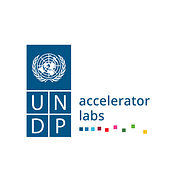UNDP Accelerator Labs

UNDP Accelerator Labs
Building the world’s largest learning network around development challenges. 91 Labs in 115 countries. http://acceleratorlabs.undp.org/

Building the world’s largest learning network around development challenges. 91 Labs in 115 countries. http://acceleratorlabs.undp.org/